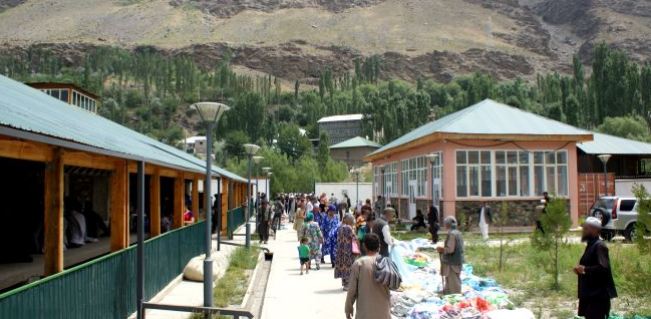KABUL – After a three-year period of border closures, Tajikistan has decided to reopen border cooperation with Afghanistan, specifically in several districts of its Gorno-Badakhshan region, in a move that is seen as a step towards the normalization of relations between the two neighboring nations.
President Emomali Rahmon of Tajikistan issued the order to resume border cooperation with Afghanistan on September 2. This move highlights the willingness of Tajikistan to engage with its Afghan counterpart despite past tensions. President Rahmon has previously criticized the Taliban for their alleged disregard of the rights of Tajik ethnic minorities residing in Afghanistan. He has consistently advocated for the establishment of an inclusive government in Afghanistan, indicating his commitment to a peaceful and stable neighbor.
One of the key issues that Tajikistan has grappled with along its border with Afghanistan is the flow of drugs and recently worries about influx of militants. This resumption of border cooperation may also serve as an opportunity to address these pressing concerns. The porous border, spanning more than 1,300 kilometers, has posed significant challenges for Tajikistan in terms of security and managing the influx of Afghan refugees.
The decision to reopen cooperation along the border signals a willingness from both sides to improve relations and address shared challenges. As regional stability remains a top priority, this move could pave the way for increased cooperation in various domains, including security, trade, and humanitarian efforts.
As this development unfolds, it will be closely watched by international observers for its potential impact on the broader dynamics in Central Asia and the ongoing situation in Afghanistan.

















